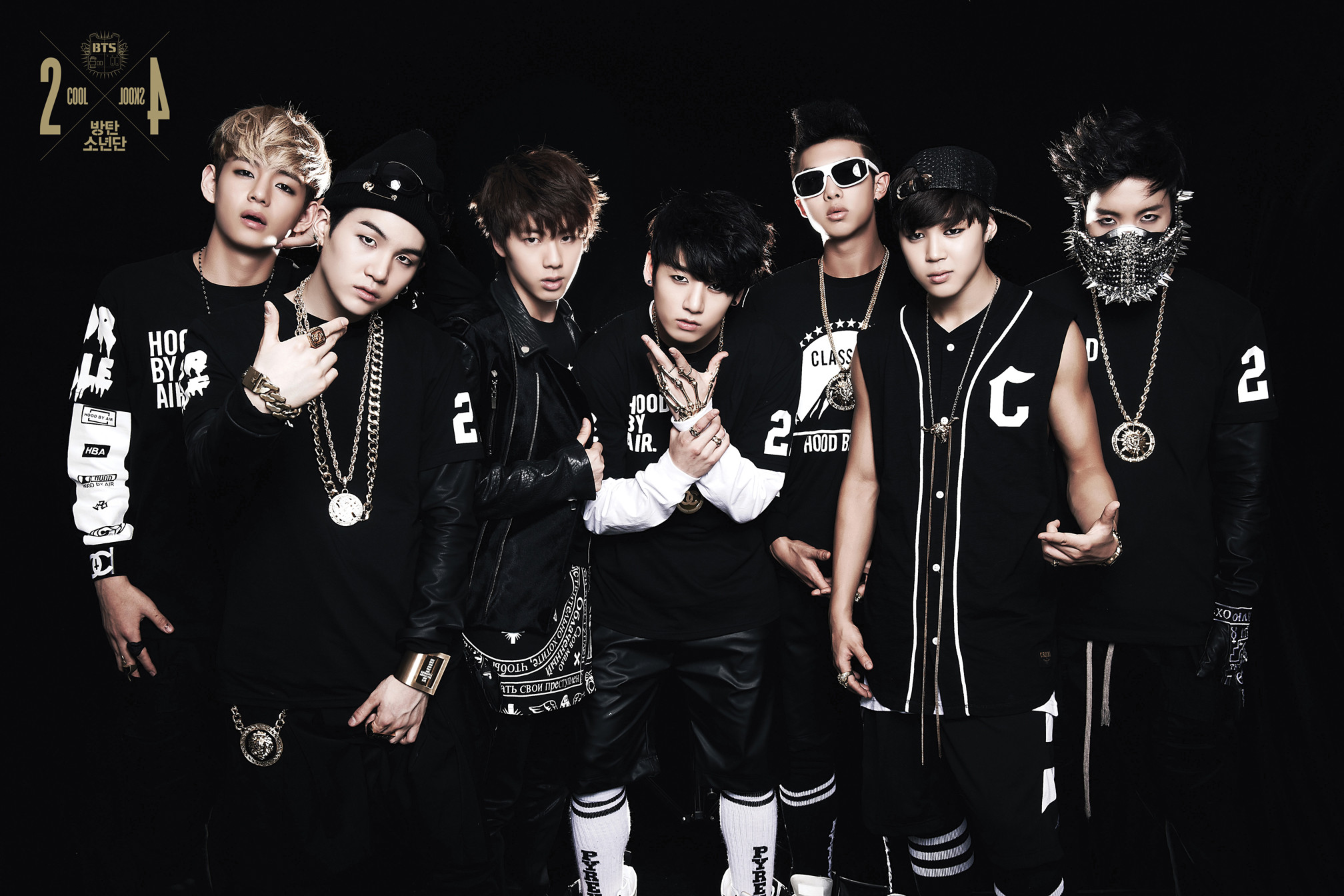BTS, or Bangtan Sonyeondan (meaning Bulletproof Boy Scouts), has become a global phenomenon, shattering language barriers and redefining the K-Pop (Korean Pop) landscape. Their journey in the international music industry, however, hasn’t been without its challenges. This essay explores both the triumphs and tribulations BTS has faced on their path to becoming global icons, highlighting their resilience, innovation, and the transformative power of music.
Early Struggles: Breaking Out from a Crowded Market
Emerging in 2013 under a then-smaller agency, BTS faced an uphill battle. The K-Pop industry was already saturated with established groups and strict industry standards. Unlike the manufactured perfection often associated with K-Pop, BTS embraced a more raw and authentic approach. Their music, heavily influenced by hip-hop, addressed social issues relevant to youth, setting them apart from the mainstream K-Pop sound.
However, this very authenticity could be seen as a challenge initially. International markets, accustomed to catchy melodies and synchronized dance routines, weren’t readily receptive to BTS’s rebellious lyrics and hip-hop influences. Additionally, the language barrier posed a significant obstacle. While Korean music had seen some success abroad, breaking through on a large scale remained a hurdle.
Building a Loyal Fanbase: The Power of Social Media
Despite the initial challenges, BTS leveraged the power of social media to connect directly with fans. Platforms like Twitter became a breeding ground for interaction, fostering a loyal fanbase, the ARMY. This community, united by their love for BTS’s music and message, spread the word organically across borders.
The ARMY’s unwavering support became a vital force in propelling BTS to international recognition. They actively promoted BTS’s music, translating lyrics and content, and organizing online streaming parties. This grassroots movement proved the power of dedicated fans and the potential for social media to transcend geographical and cultural barriers.
Finding Their Voice: Artistic Growth and Vulnerability
As BTS gained recognition, they demonstrated a willingness to evolve. Albums like “Wings” and “Love Yourself 承 ‘Her’” showcased their artistic growth. They delved deeper into themes of self-discovery, self-love, and the complexities of growing up. Tracks like “Blood Sweat & Tears” and “Spring Day” became cultural touchstones, further solidifying their reputation as artists pushing boundaries within the K-Pop industry.
This evolution involved embracing vulnerability. BTS began incorporating elements of personal narratives and struggles into their music videos and content. This authenticity resonated deeply with fans, who saw themselves reflected in BTS’s experiences. Songs like “Intro: Persona” and “Fake Love” showcased their willingness to confront inner demons and navigate the challenges of fame.
Breaking Through the Glass Ceiling: Chart Domination and Global Recognition
Years of relentless effort and artistic evolution culminated in a series of triumphs for BTS. Albums like “Map of the Soul: Persona” and “Map of the Soul: 7” topped the Billboard 200 chart, cementing their position as a global force.
Their music videos became visual masterpieces, often infused with intricate storylines and symbolism. Singles like “Boy With Luv” (featuring Halsey) and “Dynamite” further blurred language barriers with their catchy melodies and universal themes. “Dynamite,” entirely in English, became their first number-one hit on the Billboard Hot 100 chart, shattering the notion that Western music markets were resistant to non-English music.
These achievements were not merely commercial successes; they signified a shift in the global music industry. BTS had challenged the dominance of Western artists, proving that music transcends language and cultural barriers. Their success opened doors for other K-Pop artists and signified a new era of inclusivity in the world of music.
Navigating Cultural Stereotypes and Appropriation
Despite their triumphs, BTS hasn’t been without criticism. Some have accused them of perpetuating Asian stereotypes with their choreography or fashion choices. Navigating the line between cultural appreciation and appropriation became a delicate act.
BTS, however, addressed these concerns by expressing their respect for different cultures and actively incorporating diverse influences into their work. They collaborated with artists from around the globe, further solidifying their image as global citizens rather than solely representatives of Korean culture.
The Future of BTS: A Legacy of Innovation and Influence
As BTS approaches a new chapter with potential individual projects and mandatory military service, their legacy remains undeniable. They have redefined the K-Pop landscape, proving that music with depth and social commentary can achieve global success. Their innovative approach to music videos, active engagement with fans, and willingness to embrace vulnerability have established them as true artists, not just performers.
Their impact extends beyond the music industry. BTS has become a force for social change, advocating for self-love, mental health awareness, and youth empowerment. They have fostered cultural exchange, sparking interest in Korean culture
